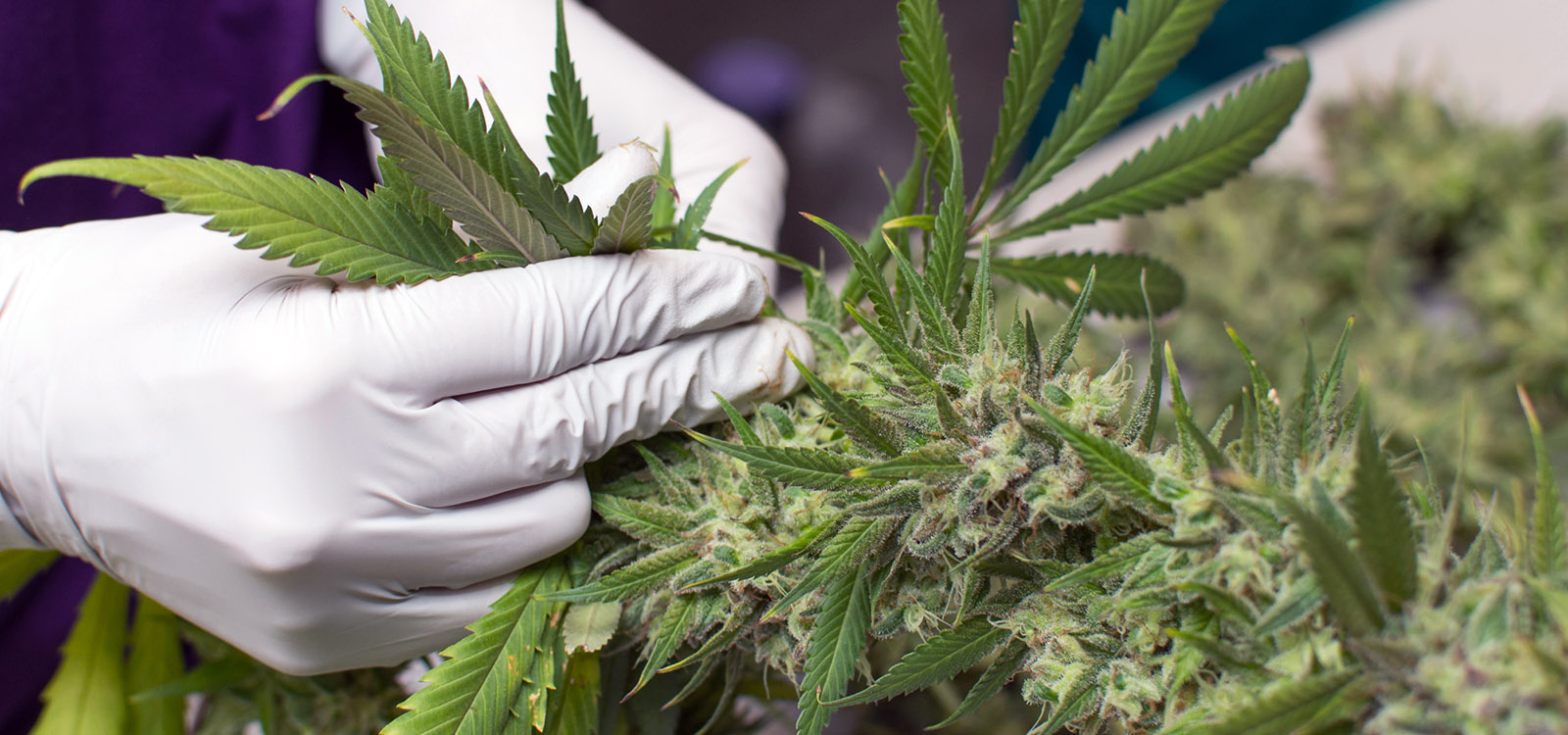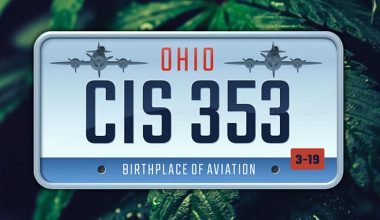GW Pharmaceuticals is partnering with New York’s Montefiore Medical Center to study the effectiveness of the cannabinoid cannabidivarin (CBDV) — which is a homolog to CBD — for autism, CNN reports. GW Pharma produces the cannabis-derived, FDA-approved epilepsy drug Epidiolex, which was recently approved for use by European Union regulators.
Dr. Eric Hollander, director of the Autism and Obsessive Compulsive Spectrum Program and Anxiety and Depression Program at Montefiore Hospital, said there is hope for CBDV for treating autism because of its success for treating seizure disorders. Hollander said that other studies have found that anticonvulsants “decrease the electrical activity [and] some of the disruptive behaviors, or the irritability, actually get better.”
“And that was one of our thoughts, why this CBDV could be helpful. Because if it helps with epilepsy and it helps in terms of decreasing the spike activity, we might also get improvement in the some of the aggression, or the self-injury, or the temper tantrums.” – Hollander, to CNN
Hollander added that in animal models similar to autism CBDV “had important effects on social functioning, on decreasing seizures, on increasing cognitive function, and in reducing compulsive or repetitive behavior.”
Dr. Alexander Kolevzon, clinical director of the Seaver Autism Center at Mount Sinai, who is not involved in the study, said that CBD “may benefit different people in different ways” but said the “challenge is to figure out which patients are likely to respond, and which symptoms are most likely to improve.”
The study was launched in April and aims to enroll 100 participants aged 5-18-years-old for 12 weeks of treatment through June 2021; results are expected in Sept. 2021.
Medical Disclaimer:
The information provided in these blog posts is intended for general informational and educational purposes only. It is not a substitute for professional medical advice, diagnosis, or treatment. Always seek the advice of your physician or other qualified healthcare provider with any questions you may have regarding a medical condition. The use of any information provided in these blog posts is solely at your own risk. The authors and the website do not recommend or endorse any specific products, treatments, or procedures mentioned. Reliance on any information in these blog posts is solely at your own discretion.






